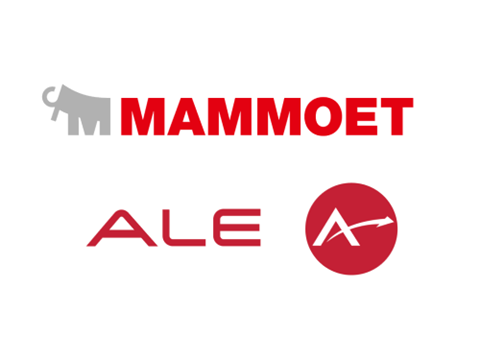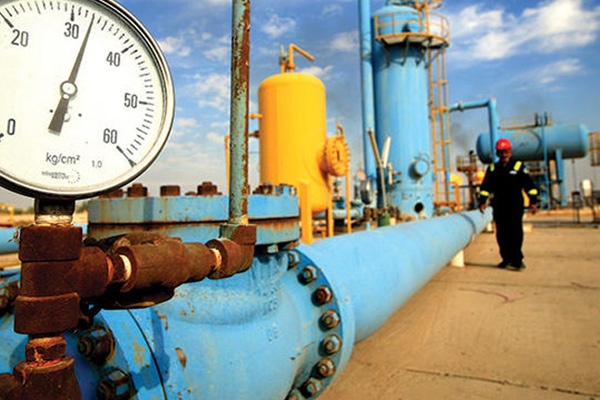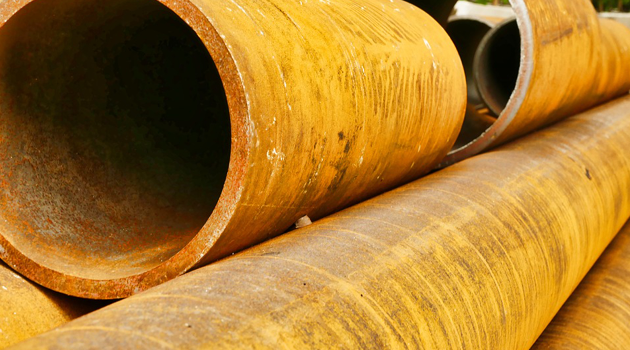The Iraqi Cabinet held an extraordinary meeting in the city Nasiriyah in Dhi Qar province on Monday under the chairmanship of Prime Minister Mustafa Al-Kadhimi.
At the start of the meeting, the Prime Minister said that the people of Dhi Qar had sacrificed much for Iraq, but they have suffered from the consequences of past marginalisation. He affirmed that this government is determined to address the challenges facing the province.
Following discussions, the Cabinet approved several measures to improve services and boost investment in Dhi Qar, including:
- Establish Dhi Qar Reconstruction Council to oversee the implementation of key projects in the province
- Establish a working group to review all delayed and incomplete projects in Dhi Qar to ensure that work on these projects is resumed, giving a priority to projects that have direct impact on the lives of citizens. The working group will be chaired by the Secretary-General of the Council of Ministers, with the membership of the Governor of Dhi Qar, the Deputy Minister of Planning, the Deputy Minister of Construction, Housing and Municipalities, and representatives from the Ministries of Finance, Electricity, Oil and Education
- Grant the Governor of Dhi Qar the necessary powers to oversee the construction of new roads, rehabilitation of water purification plants, and the rehabilitation and maintenance of hospitals and health centres
- Direct the Ministry of Oil to allocate 500 million dinars annually to the Heart Centre in Dhi Qar and to the local Health Department
- Direct the Ministry of Communications to allocate 10 billion dinars to Dhi Qar
- Direct the Ministry of Health to provide hospitals in the province with medical equipment and supplies
- Direct the Ministry of Education and Scientific Research to follow up on the progress of Al-Shatra University Project which was established in 2013
- Direct the Agricultural Bank, the Housing Fund and the Industrial Bank to simplify the procedures for granting loans to the people of Dhi Qar because of the exceptional circumstances facing the province
- Expedite the completion of Dhi Qar Industrial City and Dhi Qar Refinery
- Expedite the construction of school buildings and hospitals with a high completion rate
The Cabinet also approved several technical and administrative measures related to Dhi Qar aimed at delivering tangible and rapid improvement across a number of key public services.
(Source: Govt of Iraq)
The post Cabinet commits resources to Dhi Qar province first appeared on Iraq Business News.



